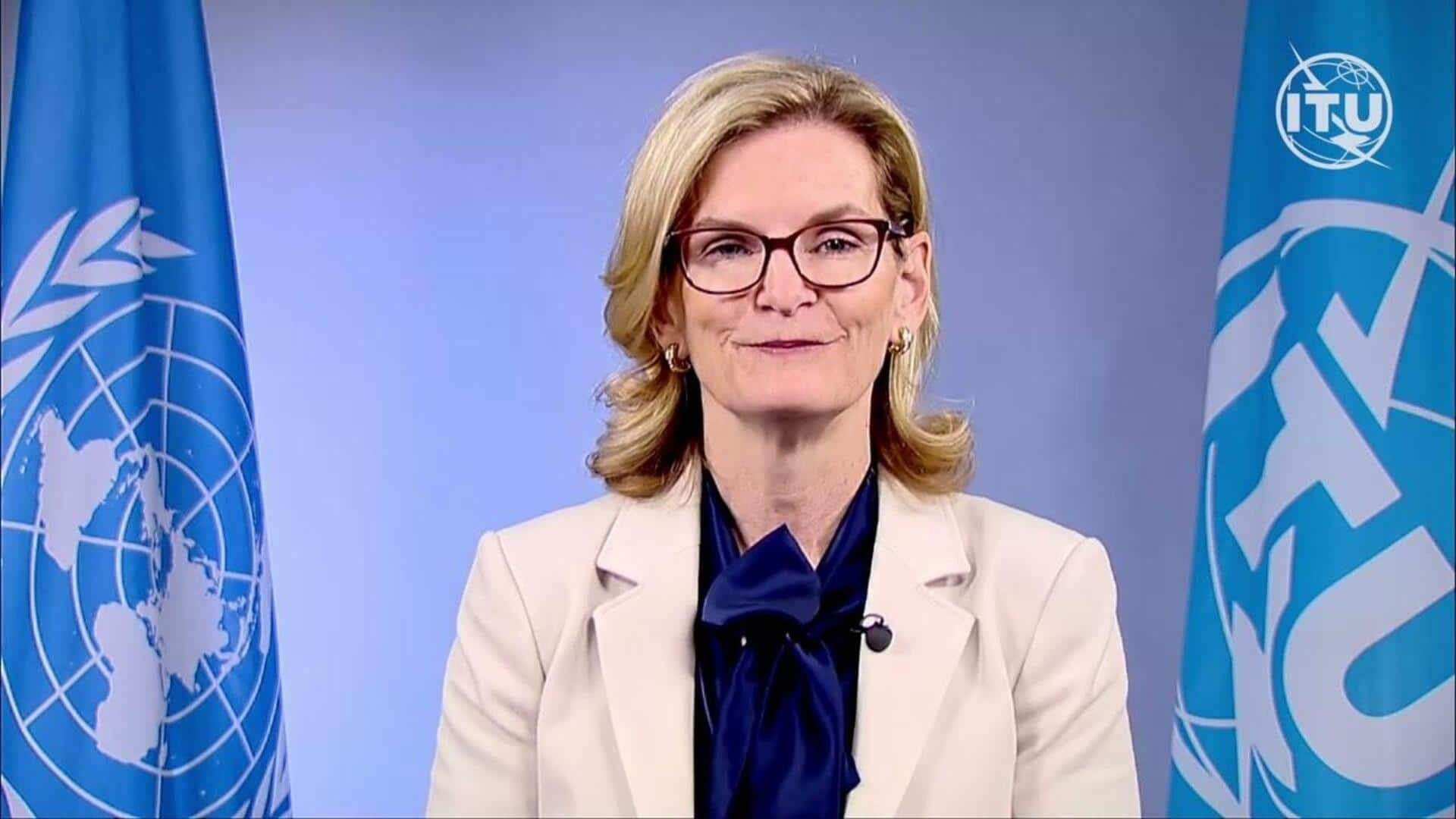
Global approach needed to regulate AI, says UN tech chief
What's the story
Doreen Bogdan-Martin, the United Nations's top technology official, has stressed the urgent need for a global approach to artificial intelligence (AI) regulation. She warned that without such an approach, risks and inequalities could worsen. Bogdan-Martin is the chief of the International Telecommunications Union (ITU), a UN agency that sets standards for new technologies.
Regulation necessity
What did Bogdan-Martin say?
As fears grow over the potential dangers of rapid technological advancement, including mass unemployment and the spread of deepfakes, Bogdan-Martin has stressed the importance of regulation. She said, "There's an urgency to try to get... the right framework in place," emphasizing a "global approach." Her comments come as US President Donald Trump announced an aggressive strategy focused on deregulation to keep America ahead of China in AI.
Dialogue
'Dialogue needed between different strategies'
Responding to Trump's plan, which seeks to ease regulations that could impede private sector AI development, Bogdan-Martin said she was "still trying to digest" the US strategy. She noted there are different approaches such as those of the EU and China, but what is needed now is a dialogue between these different strategies.
Policy gap
85% of countries still don't have AI policies
Bogdan-Martin also highlighted that 85% of countries still don't have AI policies or strategies. The existing strategies mostly focus on innovation, capacity building, and infrastructure investments. However, she said the global debate is still needed to determine how much regulation is necessary for this rapidly evolving technology.
Fragmentation risks
Bogdan-Martin warns of global inequalities
The ITU chief warned that "fragmented approaches will not help serve and reach all," as countries and companies race to secure their place in this booming sector. She praised the "mind-blowing" progress in AI, which could benefit sectors from education to healthcare. But, she stressed these benefits must be shared equally among all nations, warning that without a collective effort, AI could worsen global inequalities.
Gender gap
Women need to be included in digital space
Bogdan-Martin also called for more women to be included in the digital space, especially in AI. She said, "We definitely don't have enough women... in artificial intelligence." The ITU chief is backed by the Trump administration for re-election when her four-year term ends next year. She expressed her desire to continue serving as there is still much work to be done in this field.